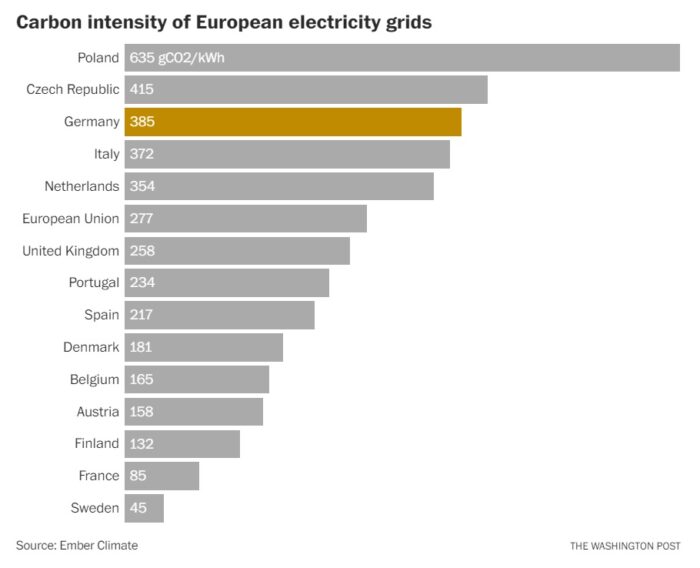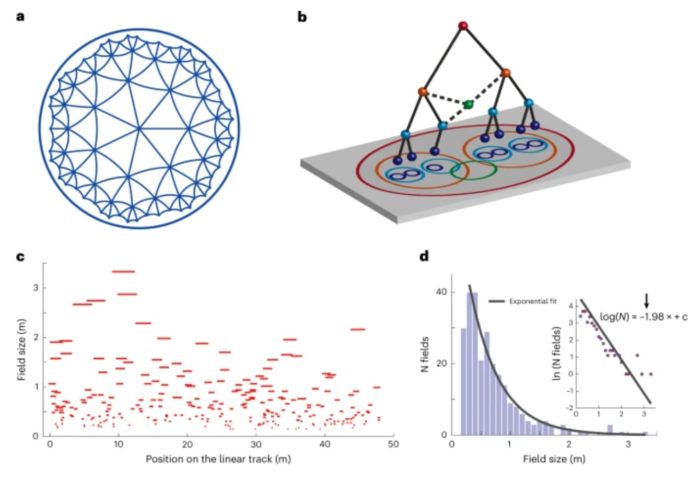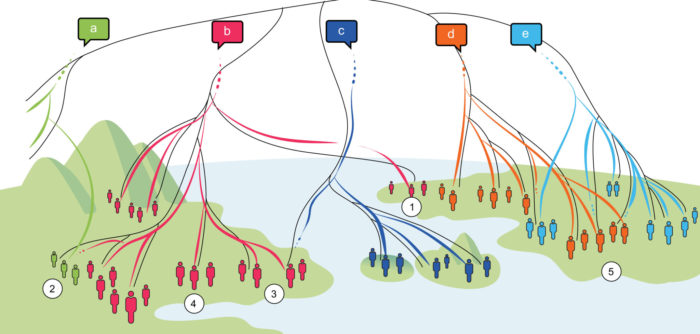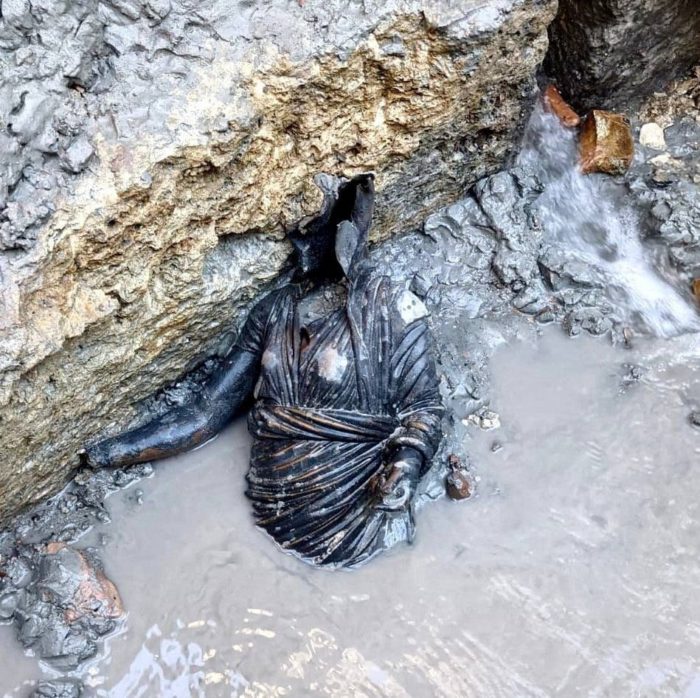May 16 2023
The Role of Plausibility in Science
 I have been writing blog posts and engaging in science communication long enough that I have a pretty good sense how much engagement I am going to get from a particular topic. Some topics are simply more divisive than others (although there is an unpredictable element from social media networks). I wish I could say that the more scientifically interesting topics garnered more attention and comments, but that is not the case. The overall pattern is that topics which have an ideological angle or affect people’s world-view inspire more passionate criticism or defense. Timed drug release is an important topic, with implications for potentially anyone who has to take medication at some point in their lives. But it doesn’t challenge anyone’s world view. ESP, on the other hand, is a fringe topic likely to directly affect no one, but apparently is 70 times more interesting to my readers (using comments as a measure).
I have been writing blog posts and engaging in science communication long enough that I have a pretty good sense how much engagement I am going to get from a particular topic. Some topics are simply more divisive than others (although there is an unpredictable element from social media networks). I wish I could say that the more scientifically interesting topics garnered more attention and comments, but that is not the case. The overall pattern is that topics which have an ideological angle or affect people’s world-view inspire more passionate criticism or defense. Timed drug release is an important topic, with implications for potentially anyone who has to take medication at some point in their lives. But it doesn’t challenge anyone’s world view. ESP, on the other hand, is a fringe topic likely to directly affect no one, but apparently is 70 times more interesting to my readers (using comments as a measure).
I also get e-mails, and my recent article on ESP research attracted a number of angry individuals who wanted to excoriate my closed minded “scientism”. I think people care so much about ESP and other psi and paranormal phenomena because it gets at the heart of their beliefs about reality – do we live in a purely naturalistic and mechanistic world, or do we live in a world where the supernatural exists? Further, in my experience while many people are happy to praise the virtue of faith (believing without knowing) in reality they desperately want there to be objective evidence for their beliefs. Meanwhile, I think it’s fair to say that a dedicated naturalist would find it “disturbing” (if I can paraphrase Darth Vader) if there really were convincing evidence that contradicts naturalism. Both sides have an out, as it were. Believers in a supernatural universe can always say that the supernatural by definition is not provable by science. One can only have faith. This is a rationalization that has the virtue of being true, if properly formulated and utilized. Naturalists can also say that if you have actual scientific evidence of an alleged paranormal phenomenon, then by definition it’s not paranormal. It just reflects a deeper reality and points in the direction of new science. Yeah!
Regardless of what you believe deep down about the ultimate nature of reality (and honestly, I couldn’t care less, as long as you don’t think you have the right to impose that view on others), the science is the science. Science follows methodological naturalism, and is agnostic toward the supernatural question. It operates within a framework of naturalism, but recognizes this is a construct, and does not require philosophical naturalism. So you can have your faith, just don’t mess with science.

 Germany has been thrown around a lot as an example of both what to do and what not to do in terms of addressing global warming by embracing green energy technology. It’s possible to look back now and review the numbers, to see what the effect was of its decision to embrace renewable technology and actively shut down their nuclear power plants. The numbers, I think, tell a pretty clear story.
Germany has been thrown around a lot as an example of both what to do and what not to do in terms of addressing global warming by embracing green energy technology. It’s possible to look back now and review the numbers, to see what the effect was of its decision to embrace renewable technology and actively shut down their nuclear power plants. The numbers, I think, tell a pretty clear story. Grand conspiracy theories are a curious thing. What would lead someone to readily believe that the world is secretly run by evil supervillains? Belief in conspiracies correlates with feelings of helplessness, which suggests that some people would rather believe that an evil villain is secretly in control than the more prosaic reality that no one is in control and we live in a complex and chaotic universe.
Grand conspiracy theories are a curious thing. What would lead someone to readily believe that the world is secretly run by evil supervillains? Belief in conspiracies correlates with feelings of helplessness, which suggests that some people would rather believe that an evil villain is secretly in control than the more prosaic reality that no one is in control and we live in a complex and chaotic universe. After publishing thousands of blog posts I have found that sometimes the most trivial topics garner the most debate, both in amount and intensity. I wouldn’t call it a rule, just a casual observation, likely rife with confirmation bias. But at the very least I am surprised sometimes by how vehemently people will argue about points that are ultimately subjective and of little importance.
After publishing thousands of blog posts I have found that sometimes the most trivial topics garner the most debate, both in amount and intensity. I wouldn’t call it a rule, just a casual observation, likely rife with confirmation bias. But at the very least I am surprised sometimes by how vehemently people will argue about points that are ultimately subjective and of little importance. The mammalian brain is an amazing information processor. Millions of years of evolutionary tinkering has produced network structures that are fast, efficient, and capable of extreme complexity. Neuroscientists are trying to understand that structure as much as possible, which is understandably complicated. But progress is steady.
The mammalian brain is an amazing information processor. Millions of years of evolutionary tinkering has produced network structures that are fast, efficient, and capable of extreme complexity. Neuroscientists are trying to understand that structure as much as possible, which is understandably complicated. But progress is steady. There are now approximately 8 billion people on the planet. In addition, there are over
There are now approximately 8 billion people on the planet. In addition, there are over  Archaeologists have uncovered a large cache of over 50 small bronze statues in the ruins of an ancient temple in Tuscany. The find dates from the second century BCE to the first century ACE. It is being reported as the greatest bronze statue find in 50 years, one of the greatest finds ever, and a significant window into that period of history.
Archaeologists have uncovered a large cache of over 50 small bronze statues in the ruins of an ancient temple in Tuscany. The find dates from the second century BCE to the first century ACE. It is being reported as the greatest bronze statue find in 50 years, one of the greatest finds ever, and a significant window into that period of history.




